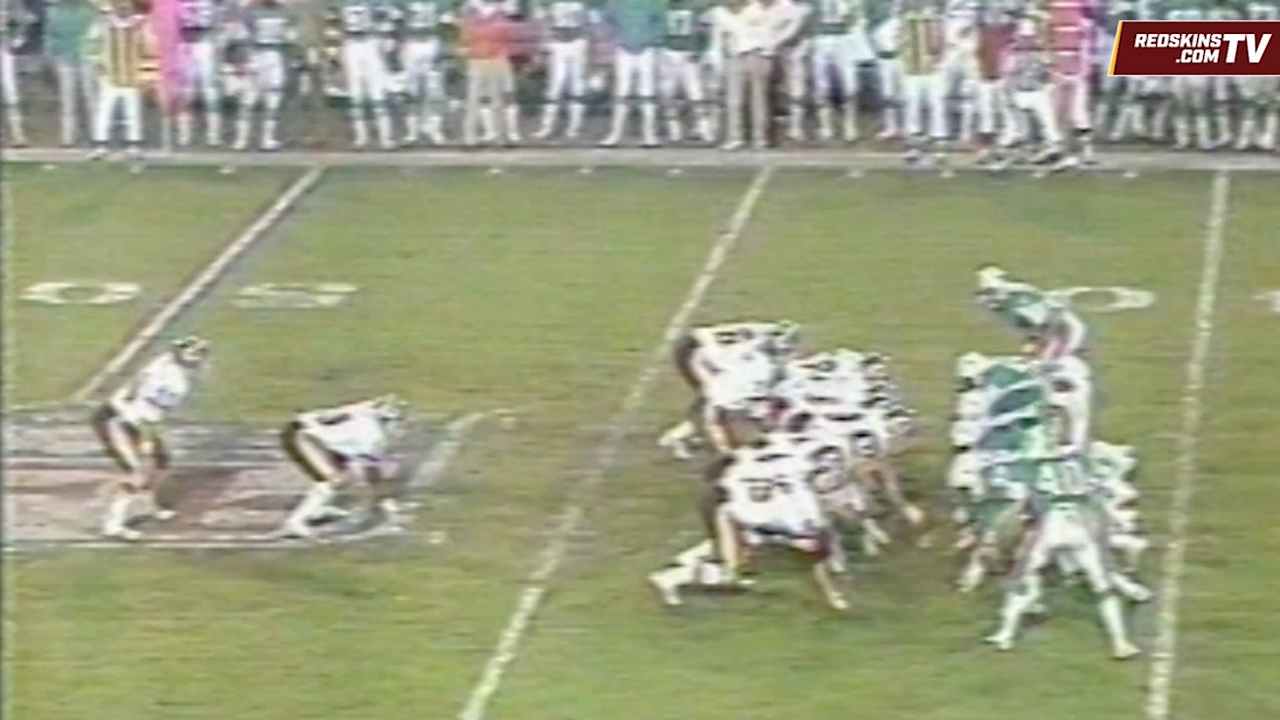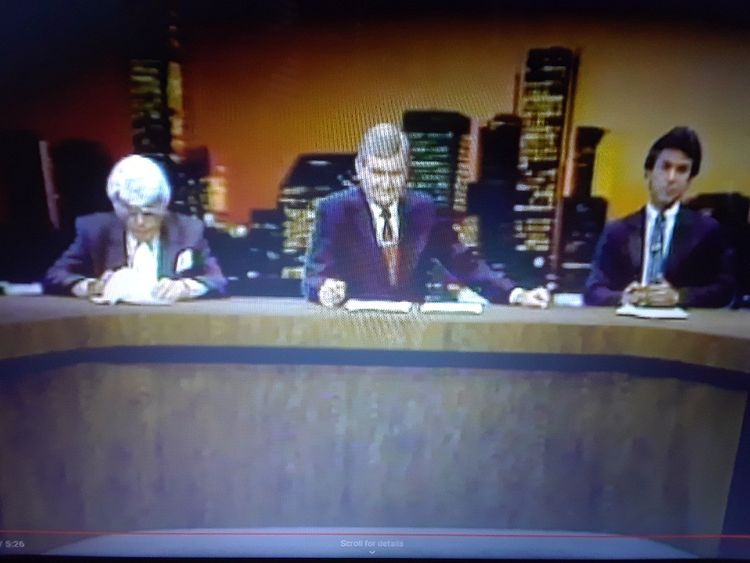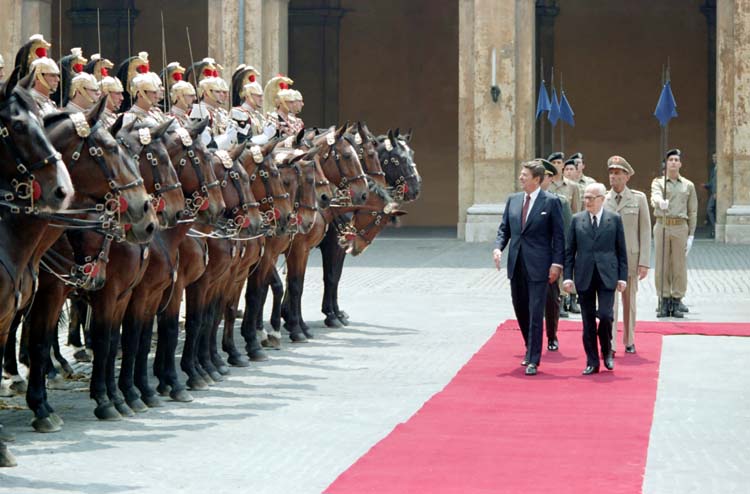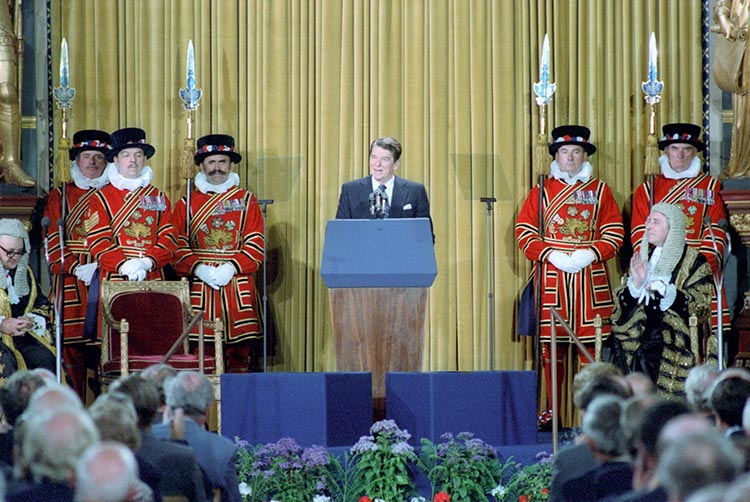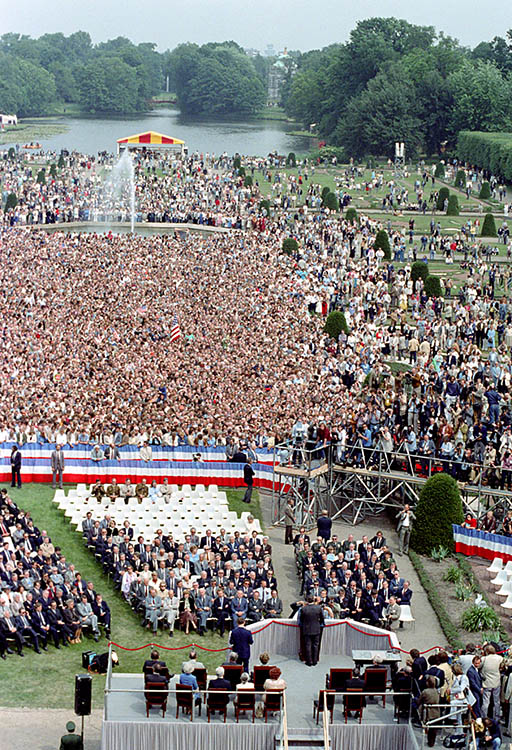Chapter 12: Fairy Tale ends in tragedy 🇲🇨
Tragic Storybook Ending
13 October 1982

The Sexy, Lovely and Beautiful Grace Kelly during her Hollywood days.
......"Help my mother! My mother is in there! Get her out!"13 October 1982

The Sexy, Lovely and Beautiful Grace Kelly during her Hollywood days.
-Princess Stephanie
13 October 1982
On the morning of 13 October 1982, Princess Grace was leaving Roc Agel (the alternate family residence), which wasn't very far from the Royal Palace.
Grace and her 17-year-old daughter, Princess Stephanie had train tickets to Paris where Stephanie was expected to be attending school. However, depending on whom you ask, allegations swirled that Stephanie and her mother had been in a week-long argument. Once again, depending on whom you ask....
The chauffeur brought the Rover 3500 to the parking lot and offered to drive the princesses himself. Once the vehicle was loaded with lots of luggage and dresses; Grace made the fatal mistake of declining the chauffeur's offer of driving them to the train station when she told him "I'll drive the car by myself because there's no room for three people because of all the luggage."
It was a mistake which would have deadly consequences.
At 9:30 AM, Grace and Stephanie drove out of the Roc Agel Grounds. Grace was driving the same route she had done decades earlier in the movie, "To Catch a Thief".
Two miles outside of La Turbie, Grace missed a very sharp turn. According to an eyewitness, who was driving behind the princesses, he noticed the Rover 3500 was zigzagging erratically. It caused him to honk the horn at the vehicle in front of him, which temporarily straightened up....
Then, the Rover 3500 went toward another sharp turn. It was also a dangerous curve on the Moycanne Corniche.
And here's where things got even more disturbing!
According to what Princess Catherine had relayed to Jeffrey Robinson about Stephanie's version of events on this fateful day: "Stephanie told me, 'Mommy kept saying, I can't stop. The brakes don't work. I can't stop.' She also said Mommy was in an absolute panic attack. Stephanie grabbed the hand brake. She told me right after the accident, 'I pulled on the hand brake but it wouldn't stop. I tried but I just couldn't stop the car.'"
The Rover 3500 tumbled 100 feet down the ravine turning over several times (Spoiler Alert: both Princess Grace and Princess Stephanie were NOT wearing seatbelts SMH, which explains the severe injuries) before finally coming to a stop resting in a garden.
Local residents arrived on the scene of the automobile crash site: Stephanie (who was injured, but conscious) had somehow managed to get out of the Rover 3500 and screamed "Help my mother! My mother is hurt! Get her out!" They managed to finally remove the unconscious Princess Grace out of the vehicle by smashing the rear window.
"The passenger door was completely smashed in," Stephanie said. "I got out on the only accessible side, the driver's."
Both Princess Grace and Princess Stephanie were taken by ambulance to Monaco Hospital in La Colle for emergency surgery.
Following surgery to clearing up Grace's lungs and halting internal bleeding; CAT scans revealed the Princess of Monaco had suffered a stroke before the crash. Other injuries included fractures of the collarbone, thigh, and ribs. Doctors concluded even if Grace had made a full recovery, she would eventually end up as an invalid. Plus, the Royal Palace worked hard in downplaying the seriousness of Grace's severe injuries.
On 14 October 1982, Princess Grace was taken off of life support surrounded by her family at her side.
TO BE CONTINUED: COMING UP IN CHAPTER 12 OF THE AMERICAN REPUBLIC: The official version of details surrounding Princess Grace's death gets exposed as false as more allegations continue to reveal what really happened on that fateful day of 13 October 1982.
*October 18, 1982: Funeral Service of Princess Grace.
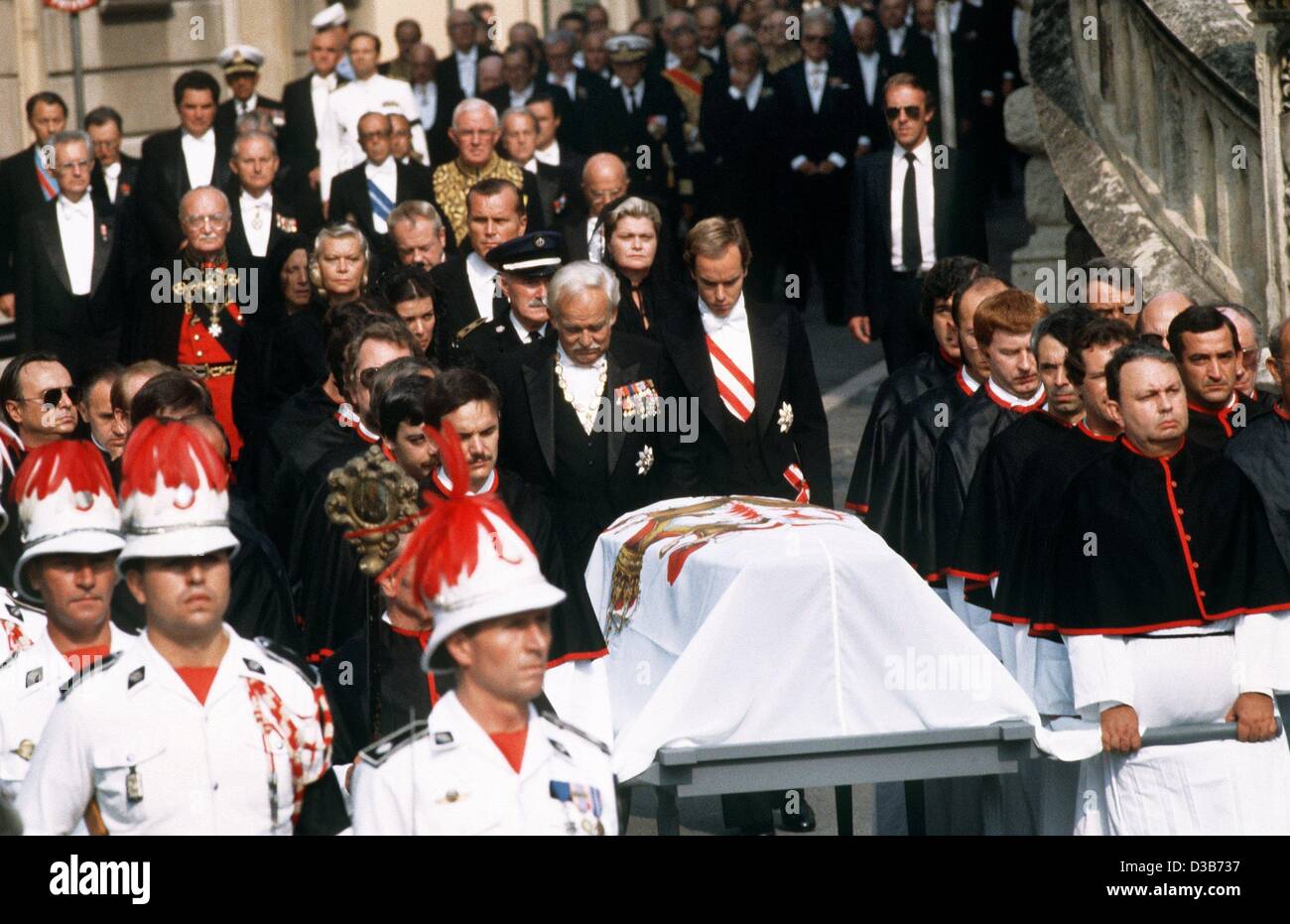
Last edited:



